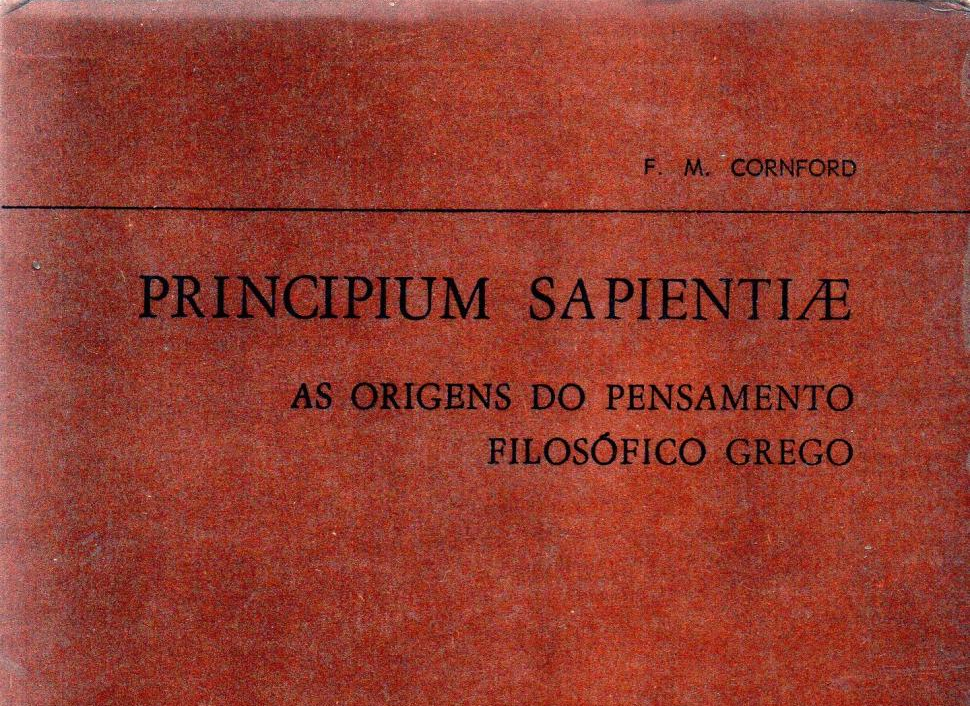“The conception of the work of philosophy manifested in this structural phenomenon has the appearance of an endless process, an infinite progress, if not regress; and this is, I take it, both a structural ingredient of the dialogues and an implication to be drawn from them – that as Socrates demonstrates more explicitly in the Phaedo, there is no end either to philosophers or to philosophizing. Such a claim is not, it is important to note, a version of the claim that philosophy, like the sciences, is perpetually open to emendation because of new or revised findings. The contention here bears on the substantive character of the dialectical process, not on the accidental probability that the process, at any given point, will be inadequate or incomplete; philosophy is a process, not by external necessity, but by nature”. (Lang, Berel. Philosophy and the Art of Writing, 98)
Philosophy is perpetually open to emendation
The contention here bears on the substantive character of the dialectical process
1 minuto




Deixe um comentário